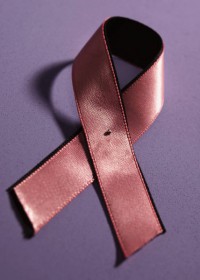
Men have another reason to hit the treadmill. A new study has found an intriguing link between physical fitness and cancer risk in middle-aged men. Scheduled for presentation at the annual meeting of the American Society of Clinical Oncology in early June, the study tracked the relationship between physical fitness and the development of the prostate, colorectal and lung cancer (the 3 most common male cancers) in a group of 7,000 healthy, 45-year-old men over a period of 20 years.
At age 65, men who had remained physically fit over the intervening 20 years were less likely to develop cancer. Additionally, among those study participants that did develop cancer, men who were physically fit experienced more positive outcomes.
In an interview with PBS NewsHour, the study’s lead researcher, Dr. Susan Lakoski of the University of Vermont College of Medicine noted:
“This is the first study that really addresses the issue of fitness being a prognostic marker of cancer risk in men, and then a marker of prognosis after a cancer diagnosis. . . . People who had lower fitness, or went less time on the treadmill, were more at risk for developing cancer later in life.”
Asked why fitness has such a noticeable impact on cancer, Dr. Lakoski equated fitness with the body’s ability to maximize efficient oxygen delivery to the organs. As she pointed out, oxygen delivery “is very important in modulating different pathways involved in inflammation, hormone levels, immune surveillance, [and] oxidative damage. All of these things play into reducing cancer risk.”
These findings add further support to the value of taking a holistic approach to cancer treatment.





